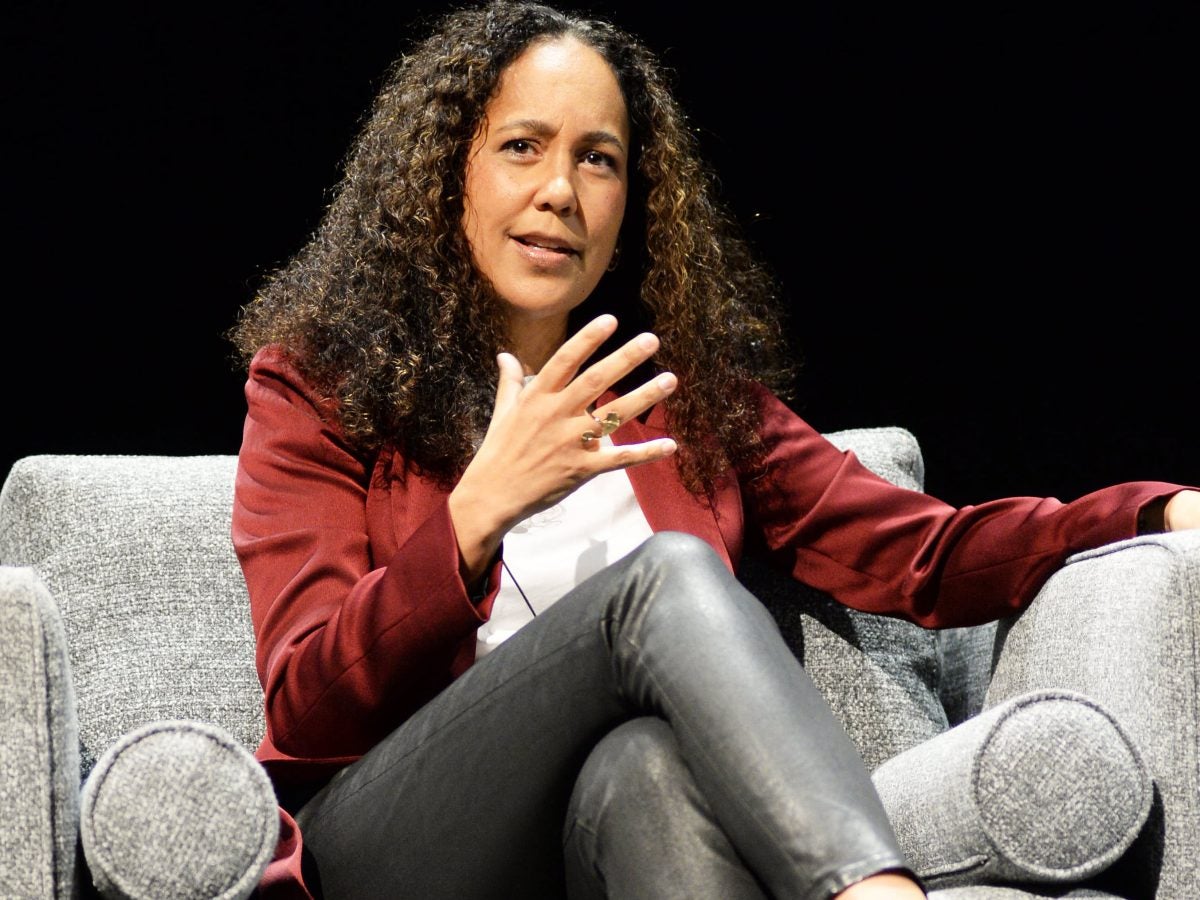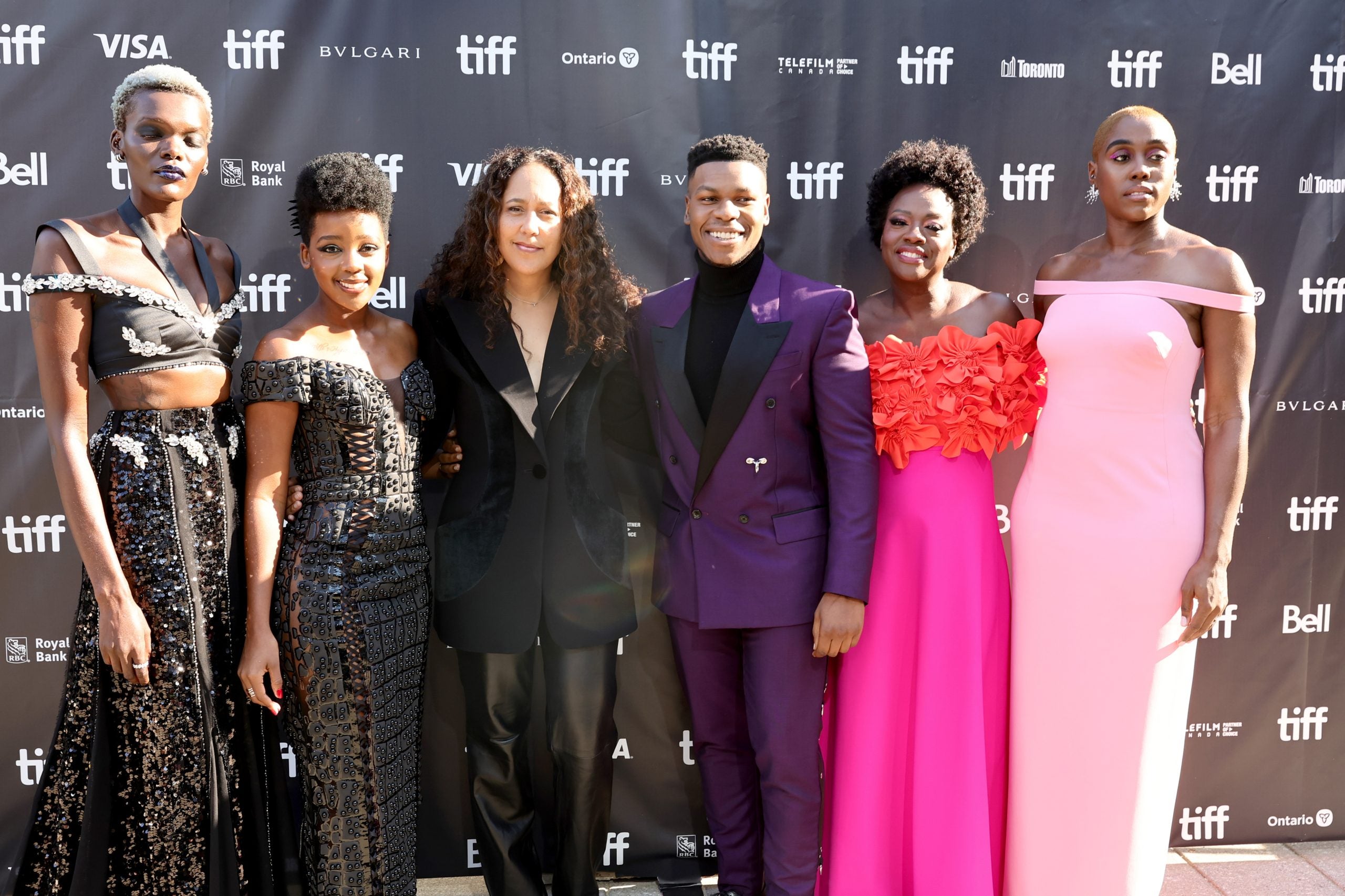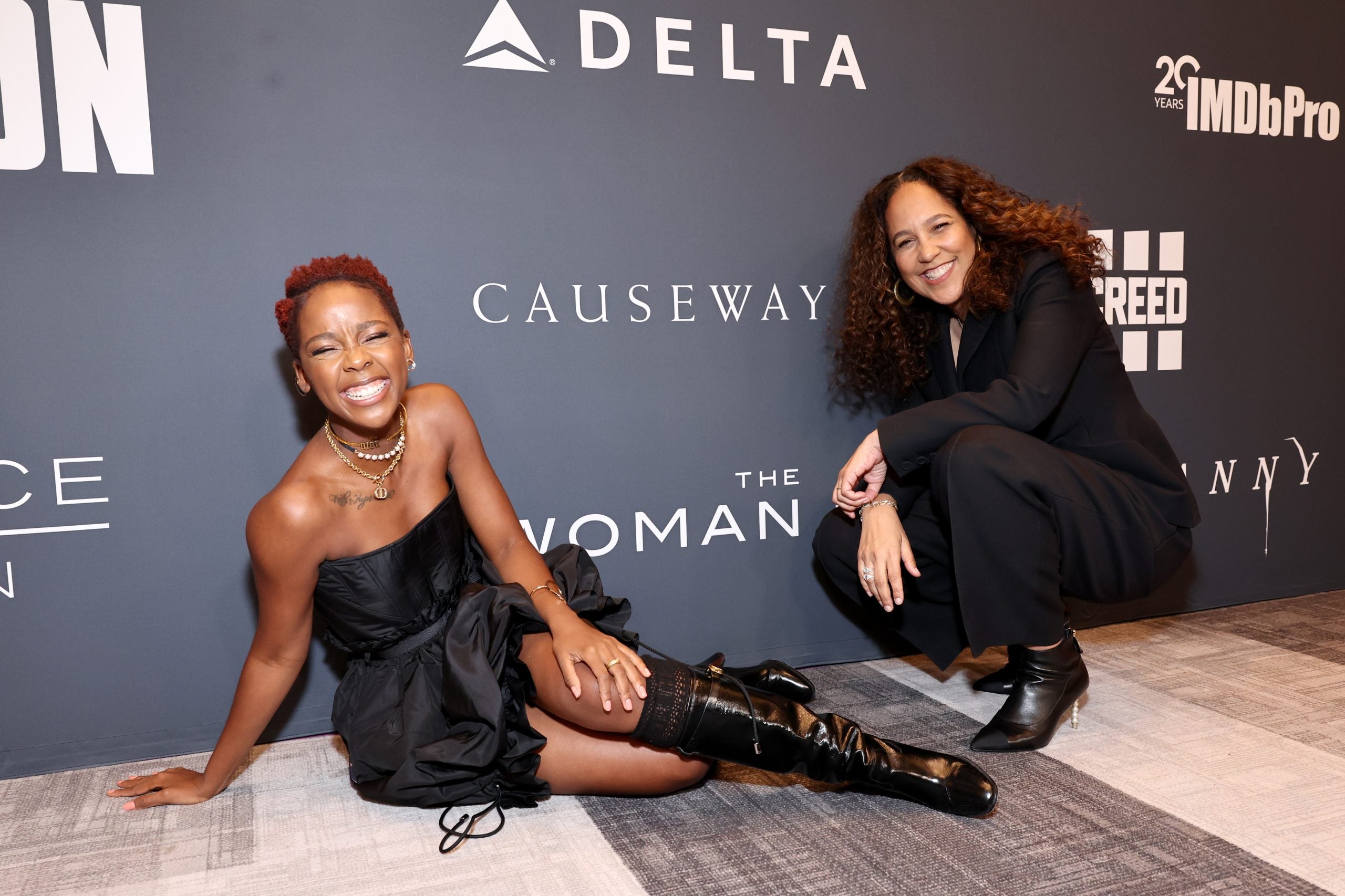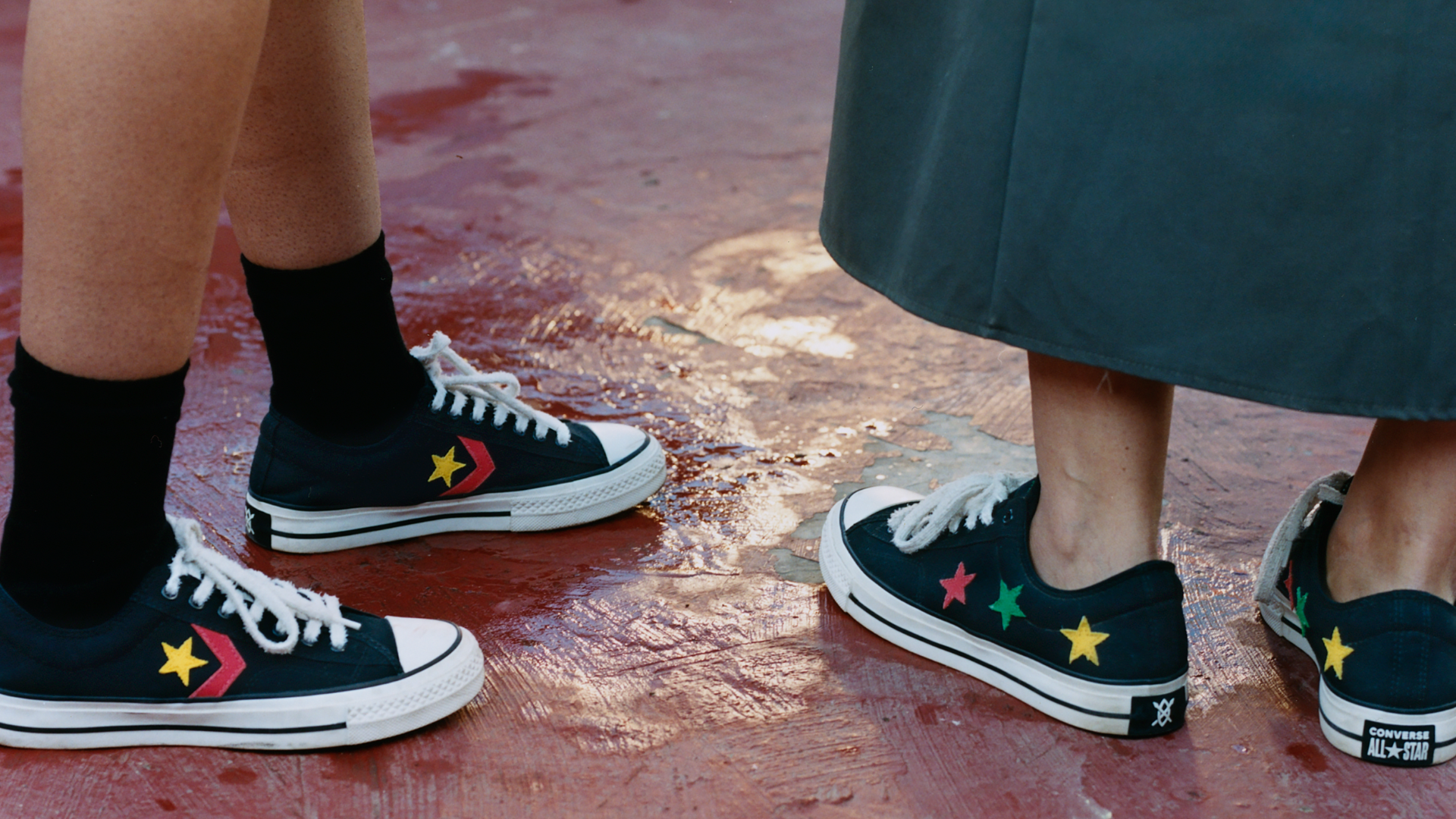
Director Gina Prince-Bythewood is breaking her silence on The Academy Awards’ lack of nominations for work from Black women creators.
Despite critical acclaim, high audience ratings, and box office success, The Woman King was infamously excluded from all categories in the 2023 Oscars nominations.
“This awards season was an eye-opener,” Prince-Bythewood wrote in an op-ed for The Hollywood Reporter. “I’ve gotten so many texts and emails from people in the industry outraged by the Oscar nominations. Of course, I’m disappointed. Who wouldn’t be?”
Prince-Bythewood stresses that despite the Academy’s oversight, she knows she has already won. The film is a critical and commercial success and highlighted Black actresses, creators, and craftspeople behind the lens while bringing a lesser-known story of diasporic history to the screen.

“But the Academy made a very loud statement, and for me to stay quiet is to accept that statement,” she continued. “So I agreed to speak up, on behalf of Black women whose work has been dismissed in the past, is dismissed now like Alice Diop and Saint Omer, Chinonye Chukwu and TILL — and for those who haven’t even stepped on a set yet.”
As Prince-Bythewood sees it, the oversight is worse than a mere “snub.” Instead, “it’s a reflection of where the Academy stands and the consistent chasm between Black excellence and recognition.”
Even more glaringly, the director points out how many Academy members were bold enough to “compliment” her at screenings of The Woman King by letting her know that they initially had no plans to come to see the film or had to be dragged there by other people, ultimately surprised at how much they ended up enjoying the film. Many Academy members never screened the film at all.
“What does ‘for your consideration’ mean when you don’t press play?” Bythewood asks. “The question we need to ask is, ‘Why is it so hard to relate to the work of your Black peers?’ What is this inability of Academy voters to see Black women, and their humanity, and their heroism, as relatable to themselves?”

Furthermore, Prince-Bythewood points out that many of the films that did end up getting nominated benefitted from a long-standing system of leveraging social capital – “screenings in their homes, personal calls, personal emails, personal connections, elevated status” – a system that, unfortunately, Black women don’t have the ability to benefit from.
“There may be diversity on your sets but not in your lives. And Black women in this industry, we don’t have that power. There is no groundswell from privileged people with enormous social capital to get behind Black women. There never has been.”
To those who wonder why Black filmmakers seek what some deem as “white approval” from mainstream prestige awards, Prince-Bythewood points out that these nominations and awards can permanently alter the trajectory of creators’ careers…and shutting Black people out of access has an adverse effect.
“There are those who say to Black filmmakers, ‘Why do you care about awards? Why do you care about validation from a white organization?’ And that’s the thing. The Academy and the guilds should not be thought of as white institutions. They’re supposed to be made up of our peers. They’re not. They don’t represent the whole filmmaking community. But what awards give you is currency. They impact your standing. They impact the box office. They impact the steps you take in this industry. They impact who gets final cut.”




